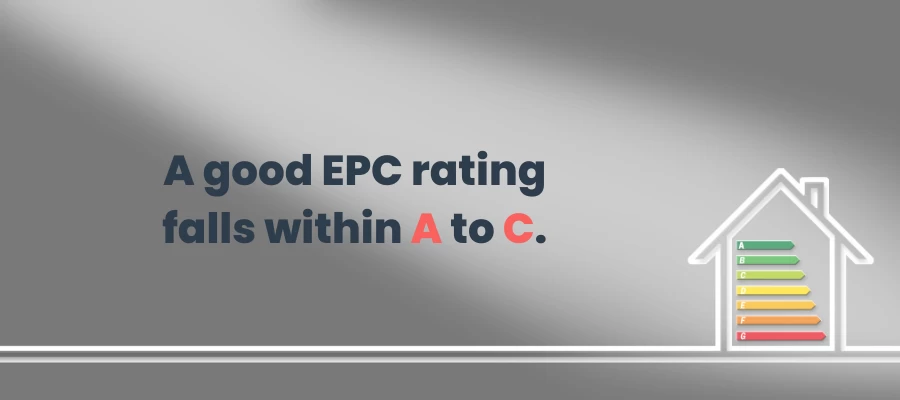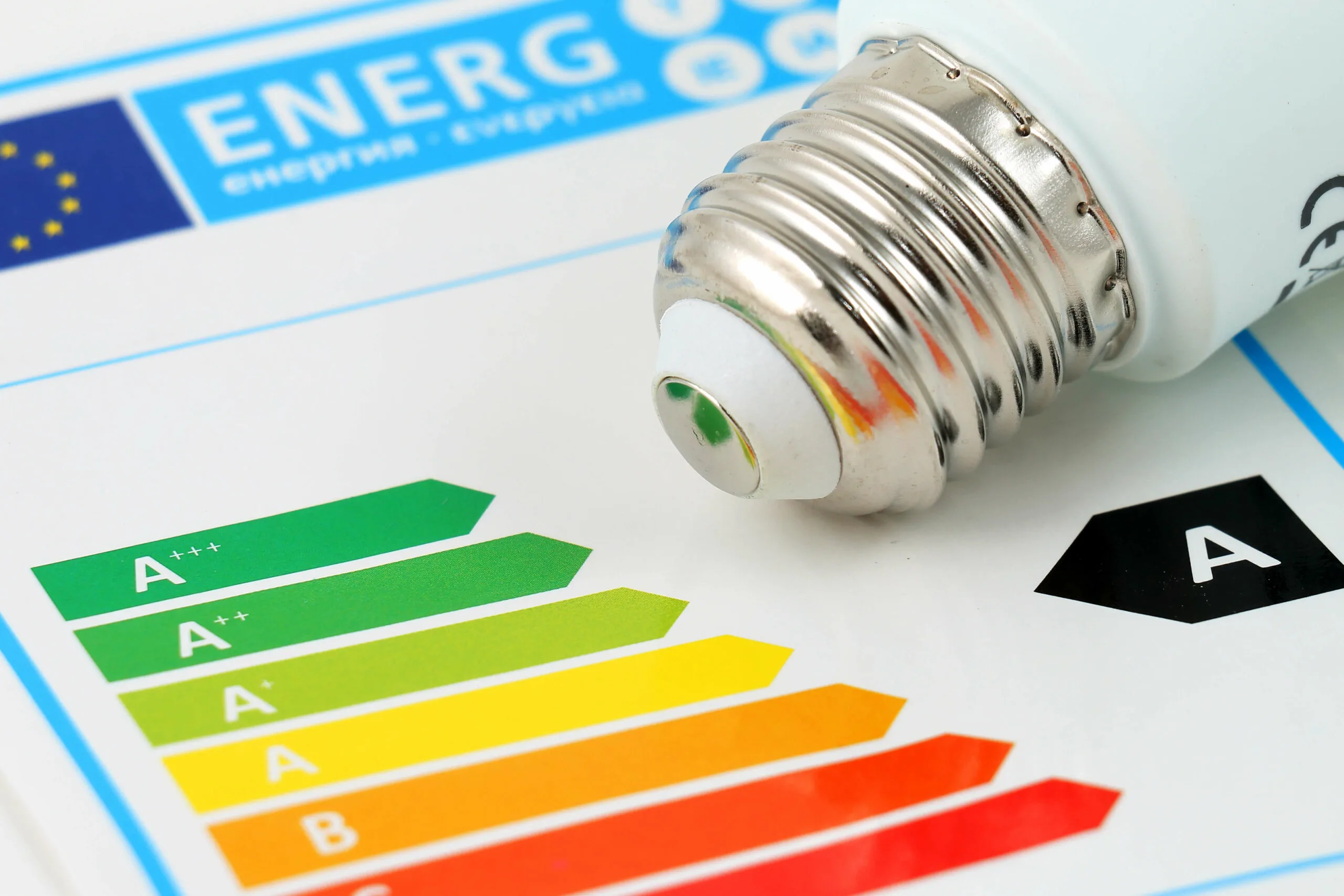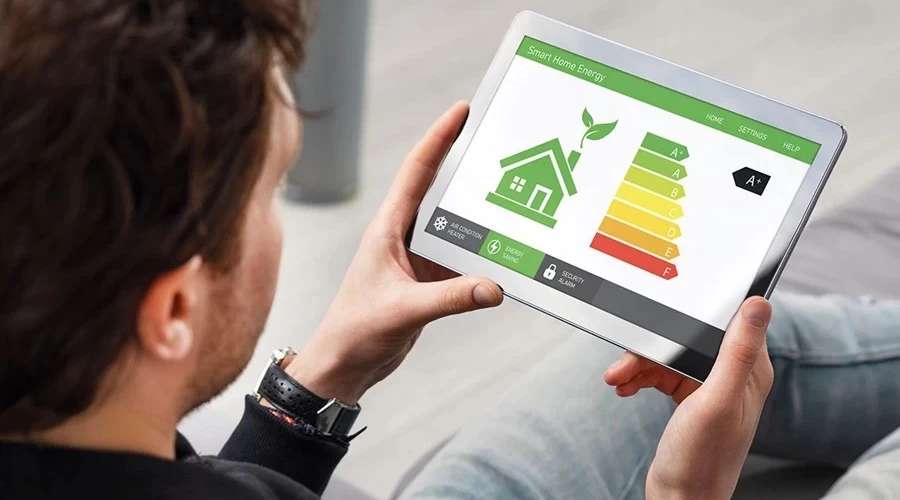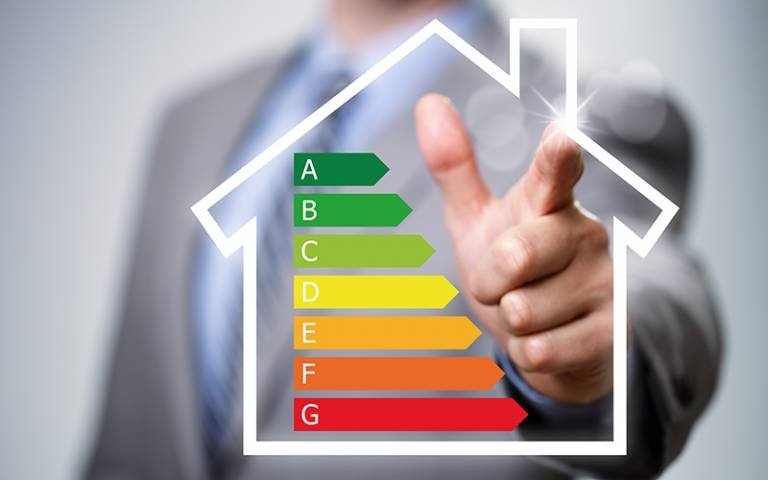What is considered a good EPC rating?
A good EPC rating falls within the A to C range on the energy efficiency scale. Properties with these ratings are known for their energy efficiency, lower bills, and reduced carbon emissions, making them more appealing to potential buyers and tenants.

How do you interpret an EPC rating?
All energy performance certificates will have a colour-coded chart, with dark green representing an A rating and red indicating a G rating. A higher rating signifies a more energy-efficient property. Additionally, the EPC report provides information on estimated energy costs, carbon dioxide emissions, and recommendations for improvements to increase efficiency.
What constitutes a poor EPC rating for a house?
A poor EPC rating ranges from E to G on the energy efficiency scale. Properties with these ratings are less energy-efficient, resulting in higher energy bills and increased carbon emissions. Improving the energy efficiency of these homes may require significant investment.
Does an EPC rating affect the value of a house?
An EPC rating can indeed influence a house’s value. Higher EPC ratings often correlate with lower energy costs and increased desirability, making such properties more attractive to potential buyers. As a result, homes with better ratings may command higher market values.

Should I buy a house with a low EPC rating?
The decision to purchase a house with a low energy efficiency rating depends on your priorities and budget. A lower rating indicates higher energy bills and possibly considerable investments needed to enhance efficiency. However, a low-rated property might come at a more affordable price, and you may be able to negotiate favourable terms.
Does an EPC affect a mortgage?
Some mortgage lenders consider a property’s EPC rating when assessing mortgage applications. They might offer better interest rates or lending terms for energy-efficient properties. Moreover, a higher-rated property could have a higher valuation, which could affect the mortgage amount.
How bad is an EPC rating of E?
An EPC rating of E is deemed below average in terms of energy efficiency. Properties with this rating tend to have higher carbon emissions compared to those with higher ratings. Nonetheless, appropriate improvements can boost a property’s energy efficiency and rating.
Does a smart meter improve an EPC rating?
While a smart meter doesn’t directly enhance an EPC rating, it does provide homeowners with real-time data on energy consumption. This enables them to identify inefficiencies and implement necessary adjustments. Over time, this can contribute to improved energy efficiency and a better EPC rating.
How can I improve my EPC rating?
To boost your EPC rating, consider the following steps:
- Upgrade the insulation in walls, roof, and floors
- Replace outdated, inefficient heating systems with modern, energy-efficient alternatives
- Install double or triple glazing
- Add thermostatic radiator valves and room thermostats
- Install energy-efficient lighting, such as LED bulbs
- Consider renewable energy sources like solar panels or heat pumps

Can you let a property with an EPC rating of E?
In the UK, regulations mandate that rental properties have a minimum EPC rating. As of April 1, 2020, UK landlords must ensure their properties have an energy efficiency rating of at least E before renting them out to new tenants. Consequently, a property with an EPC rating of E can be let, but it is the minimum requirement. Improving the rating could make the property more attractive to potential tenants.
What fails an EPC?
An EPC assessment gauges a property’s energy efficiency, so there is no pass or fail per se. However, some factors may contribute to a low EPC rating, which could be considered a “fail” in the context of minimum requirements for renting or mortgage lending.
Do I need a new EPC if I change my boiler?
If you replace your boiler with a more energy-efficient model, you might want to obtain a new EPC to reflect enhanced energy efficiency. While it’s not legally required to get a new EPC after upgrading your boiler, an updated rating could make your property more appealing to buyers or tenants and may impact mortgage lending decisions.
Book an EPC today here.

Do I need a new EPC to sell my house?
An EPC is valid for ten years. If you’re selling your house and the current EPC is still valid, you don’t need to obtain a new one. However, if your EPC has expired or you have made significant energy efficiency improvements since the last assessment, you will need a new EPC before putting your house on the market.
What is the most common EPC rating?
In the UK, the average EPC rating for homes is around a D, indicating that there is significant room for improvement in the energy efficiency of the nation’s housing stock.
Can I get a mortgage with an EPC rating of D?
Yes, you can typically obtain a mortgage on a property with an EPC rating of D. However, some lenders may offer better interest rates or lending terms for properties with higher EPC ratings. Additionally, a higher-rated property could command a higher valuation, potentially impacting the mortgage amount.
Why has my property received a low energy efficiency rating?
A low EPC rating can result from various factors, including inadequate insulation, inefficient heating systems, single or old double glazing, lack of thermostatic radiator valves and room thermostats, inefficient lighting, and an absence of renewable energy sources. Addressing these factors can help improve your property’s EPC rating.
In conclusion, understanding and improving your property’s EPC rating can significantly impact energy bills, carbon emissions, and overall property value. By considering the factors affecting the rating and implementing the suggested improvements, you can create a more energy-efficient, environmentally friendly, and appealing property for potential buyers or tenants.



